If people have bought something of mine, they know by now that I will decline writing it for the movies
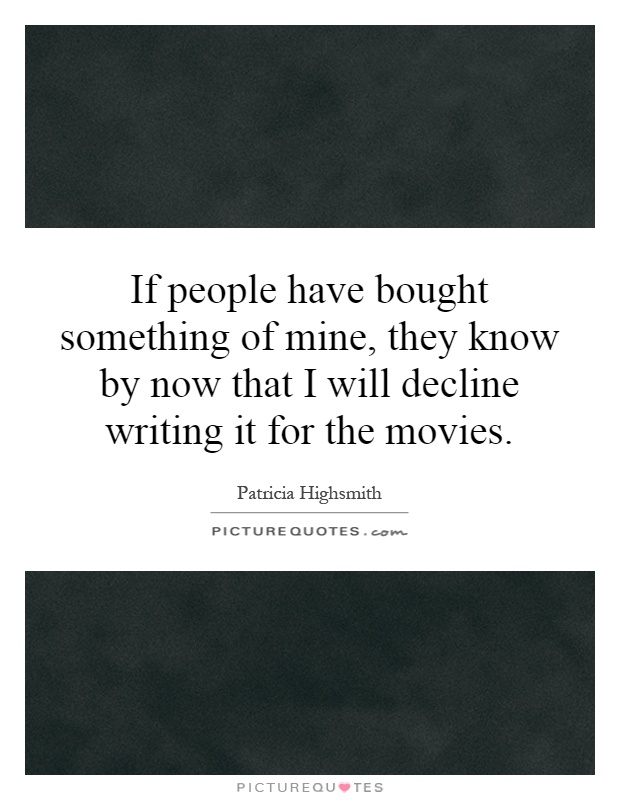
If people have bought something of mine, they know by now that I will decline writing it for the movies
Patricia Highsmith, the acclaimed author of psychological thrillers such as "Strangers on a Train" and "The Talented Mr. Ripley," was known for her uncompromising attitude towards adaptations of her work into film. Highsmith was notoriously protective of her literary creations and often refused to allow her novels to be turned into movies. She once famously said, "If people have bought something of mine, they know by now that I will decline writing it for the movies."Highsmith's reluctance to see her work translated onto the silver screen stemmed from a deep-seated belief that film adaptations could never truly capture the complexity and nuance of her writing. She was fiercely independent and fiercely protective of her artistic vision, and she did not want to see her carefully crafted characters and intricate plots diluted or distorted by the demands of Hollywood.
Despite numerous offers and lucrative deals, Highsmith remained steadfast in her refusal to allow her novels to be adapted into movies. She was known to be a difficult and demanding author to work with, often clashing with directors and producers over creative differences. Highsmith's uncompromising stance on adaptations earned her a reputation as a literary purist, unwilling to compromise her artistic integrity for the sake of commercial success.
Highsmith's refusal to allow her work to be turned into movies did not go unnoticed by the film industry. While some filmmakers respected her wishes and moved on to other projects, others attempted to adapt her novels without her permission, leading to legal battles and bitter disputes. Highsmith's determination to protect her literary legacy only served to enhance her mystique and cement her status as a literary icon.



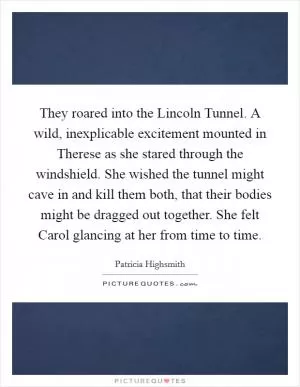
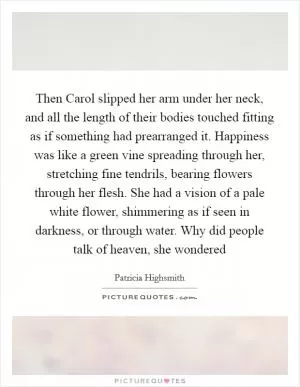




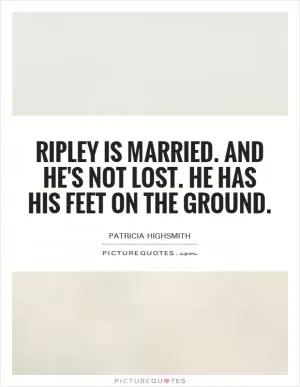
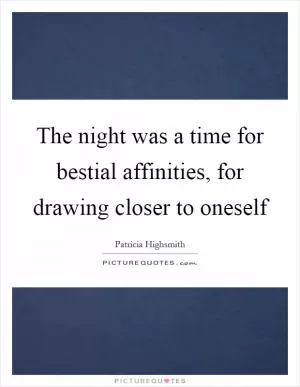

 Friendship Quotes
Friendship Quotes Love Quotes
Love Quotes Life Quotes
Life Quotes Funny Quotes
Funny Quotes Motivational Quotes
Motivational Quotes Inspirational Quotes
Inspirational Quotes